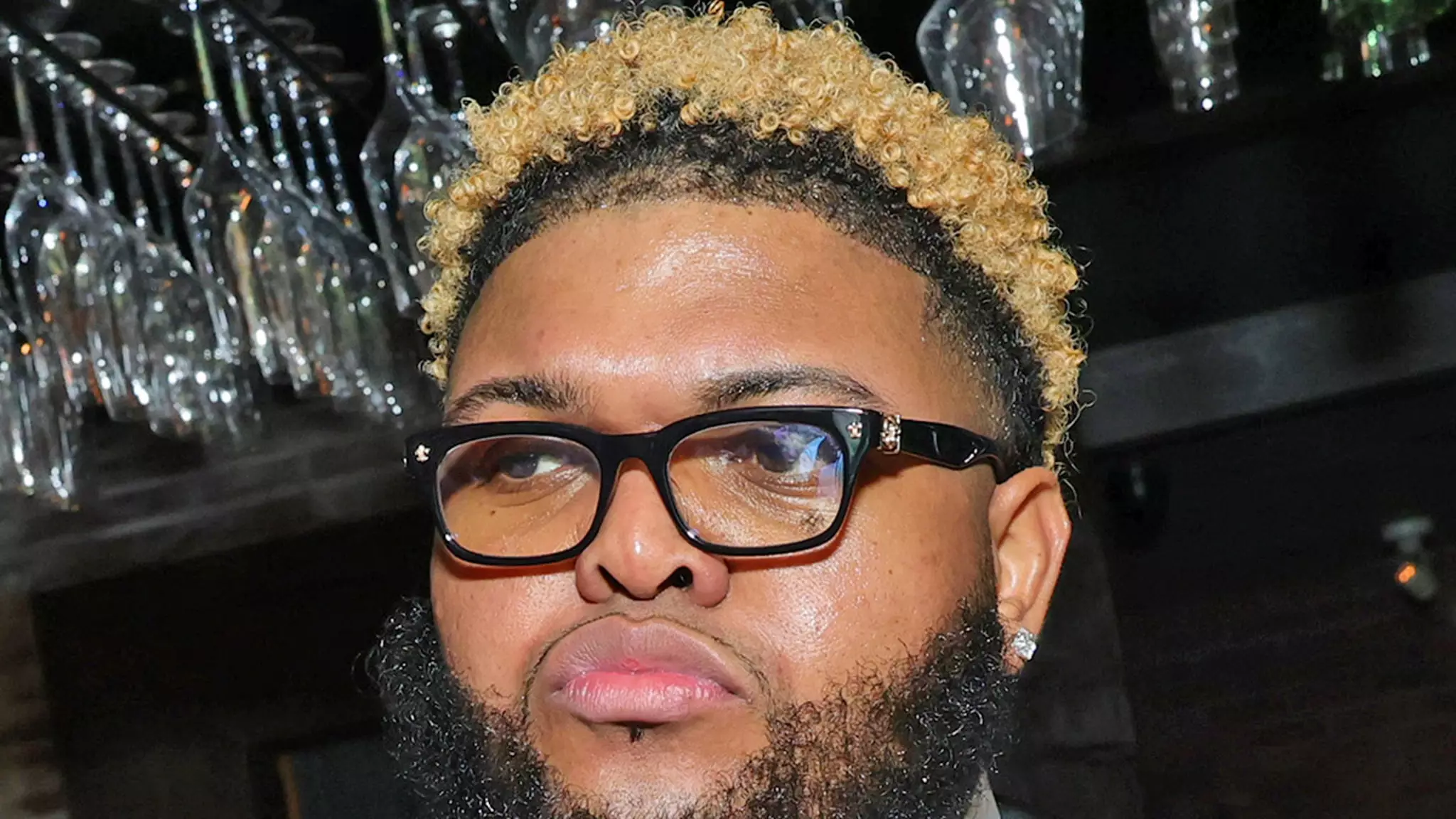In today’s celebrity culture, accusations often become part of the narrative before the facts gather like dust in the corners of courtrooms. This reality has crystallized in the case of comedian Druski, who is facing serious allegations of rape. Instead of remaining silent or attempting to settle quietly, Druski has chosen to publicly challenge both the claims against him and the attorneys representing his accuser, Ashley Parham. His approach signals a paradigm shift in how public figures might navigate accusations, as he aims to hold Parham’s legal team accountable for the due diligence—or lack thereof—in their investigation.
The Power of Evidence
Druski’s defense strategy is built on what he refers to as “receipts.” By presenting substantial documentation, he asserts that he was in Georgia at the time of the alleged incident in Northern California. He backs this claim with police records, phone records, and even employment documents from 2018, a time when he was not yet a household name or a part of the entertainment landscape. Notably, his former jobs as a waiter underscore an image of a 23-year-old working man rather than a high-profile celebrity. This inclusion of tangible evidence not only strengthens his case but also reshapes public perception by contextualizing his life during that year.
The Legal Brinkmanship
Druski’s initiative to seek sanctions against Parham’s attorneys, Ariel Mitchell and Shawn Perez, for insufficient investigation raises an important dialogue about accountability in legal matters. If attorneys fail to vet their claims thoroughly, they risk not only their reputation but also the emotional toll their clients endure amidst unsubstantiated allegations. In an era where information is at one’s fingertips, the question begs: how could attorneys overlook easily obtainable records that could significantly alter the course of their claims? Druski’s filings suggest that the legal system must prioritize diligence and integrity, especially when dealing with accusations that can ruin lives and careers.
Public Scrutiny and Its Implications
In light of these developments, the public’s response has been mixed, underscoring the complexities surrounding celebrity culture and justice. While many stand by the accusers, Druski’s proactive stance — presenting undisputed evidence in a legal context — challenges the often-accepted narrative of victimhood without question. His case sheds light on the all-too-frequent reality that accusations can spiral into damaging public discourse, weaponizing claims that may lack substantial proof.
Ultimately, Druski’s fight is not just for his name; it is emblematic of a larger struggle against the potentially harmful effects of unfounded accusations in the digital age. The larger implications of this case will likely reverberate through the legal landscape, influencing how future allegations are crafted, investigated, and litigated. Druski’s firm stance may inspire others to similarly reclaim their narratives robustly, emphasizing the importance of evidence in the court of public opinion as well.

